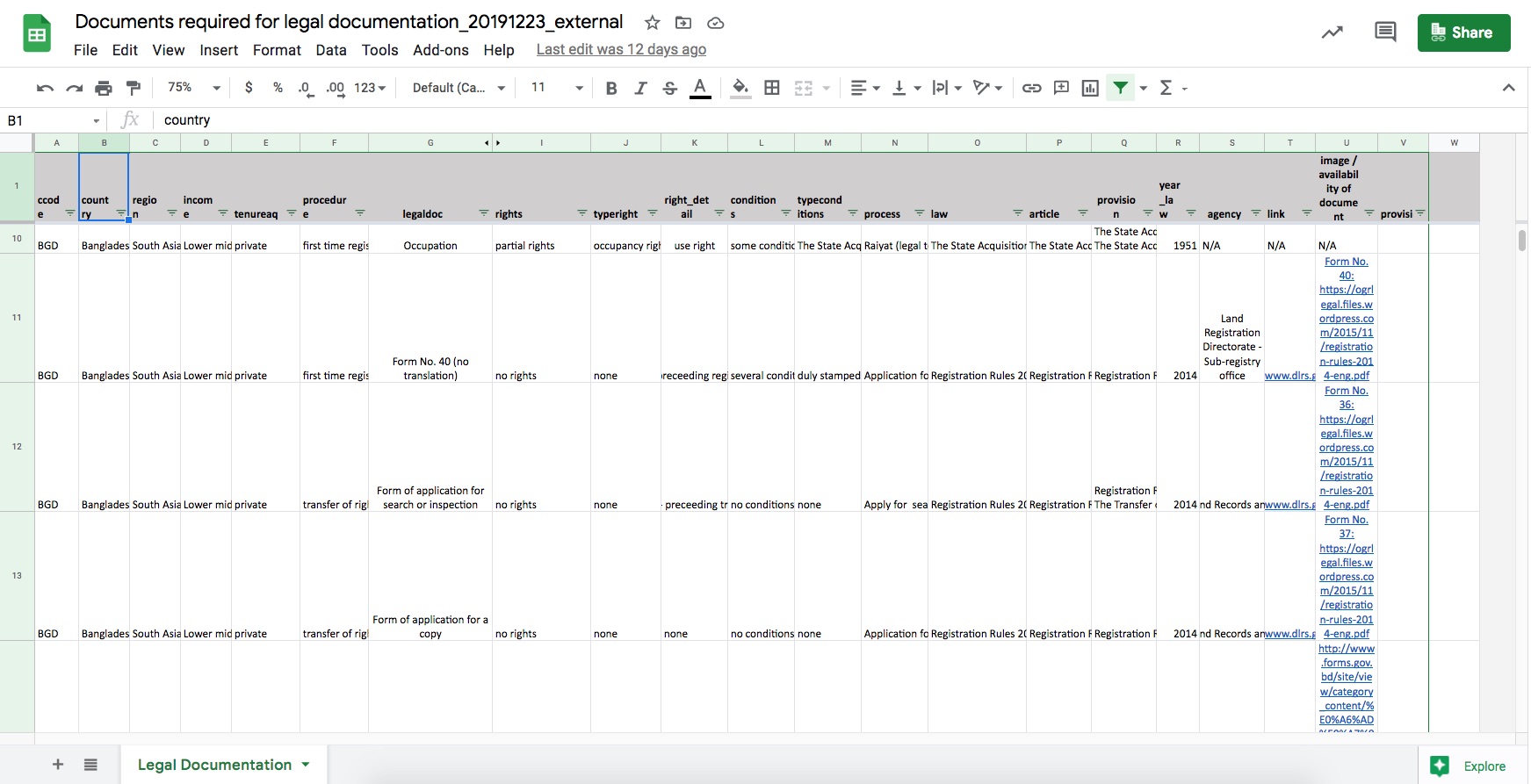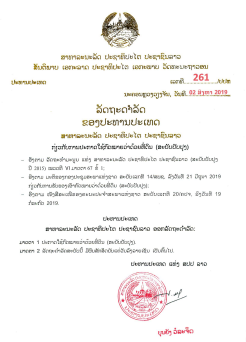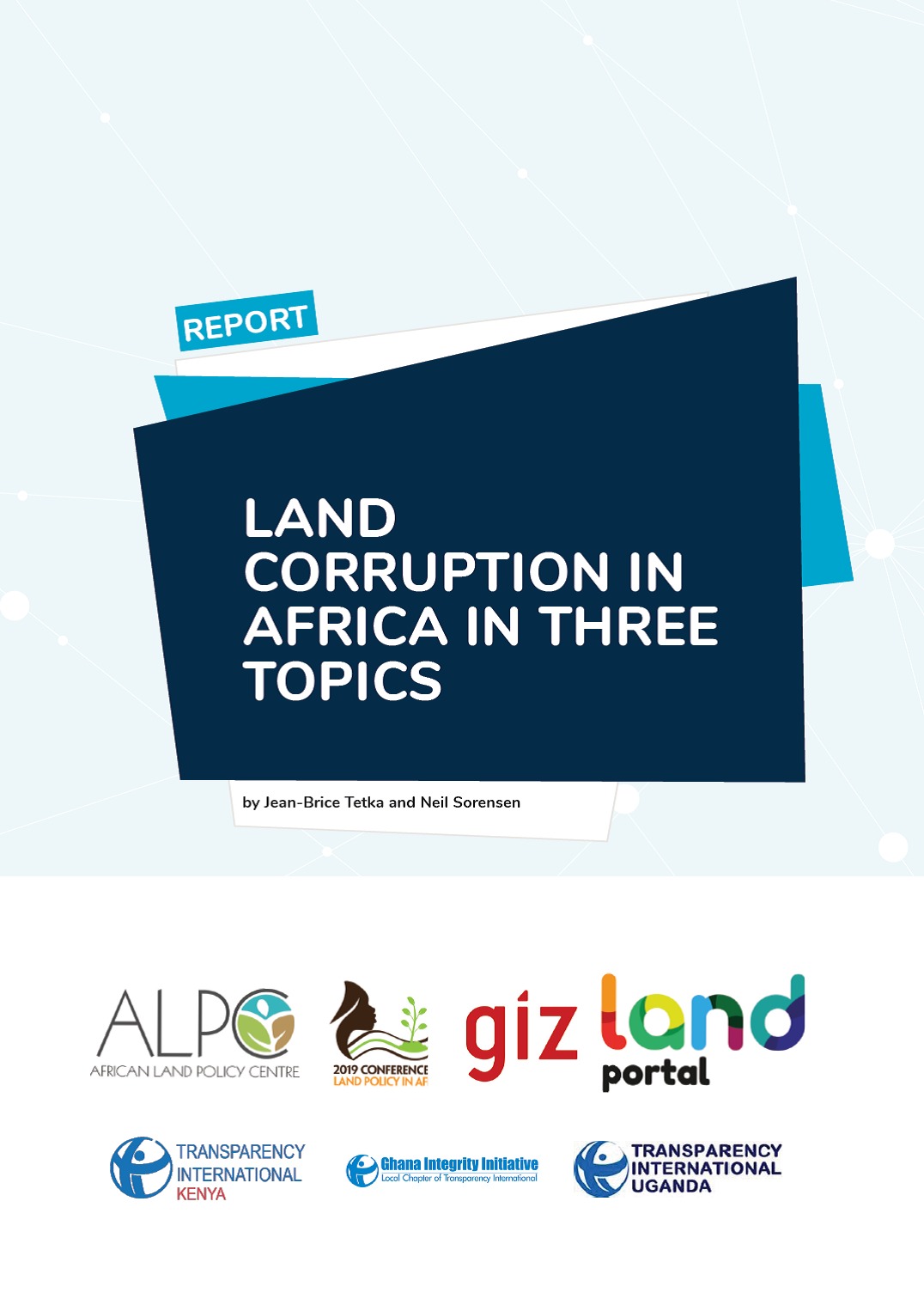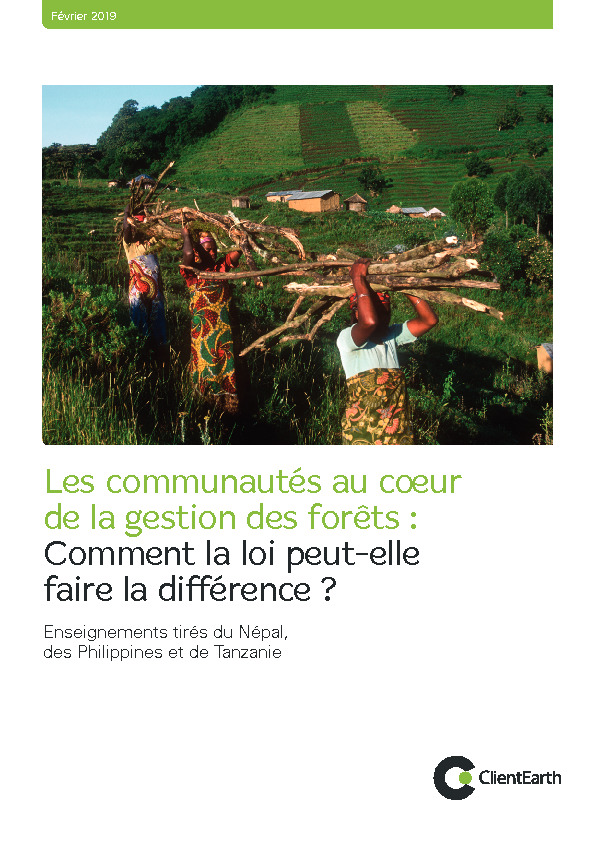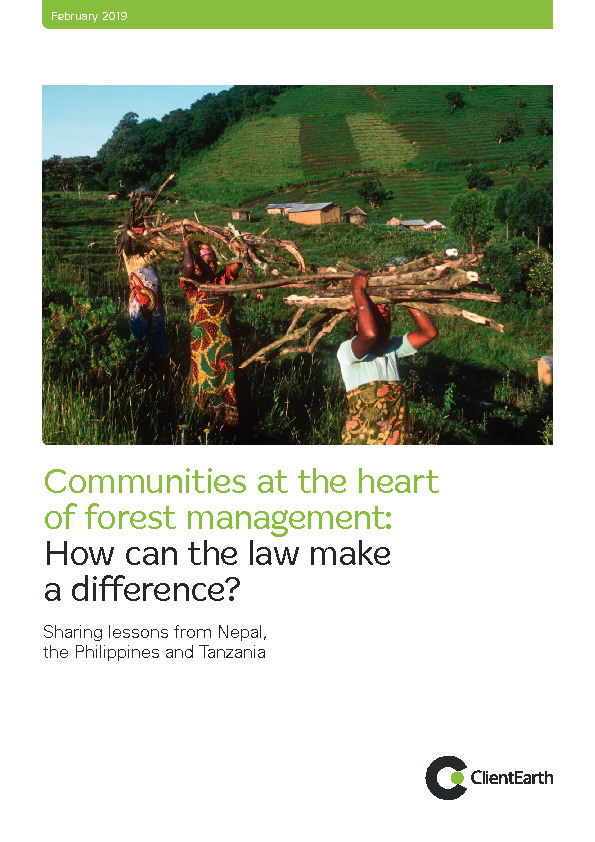From Confrontation to Mediation: Cambodian Farmers Expelled by a Vietnamese Company
Concessions granted to investors in Cambodia have generated a deep sense of insecurity in rural forested areas. Villagers are not confined to a passive “everyday resistance of the poor,” as mentioned by James Scott, insofar as they frequently engage in frontal strategies for recovering land. Such has been the case in the northeastern provinces, where indigenous livelihoods are recurrently threatened by foreign and national companies. But what happens when a land conflict ends up in a stakeholder dialogue?


